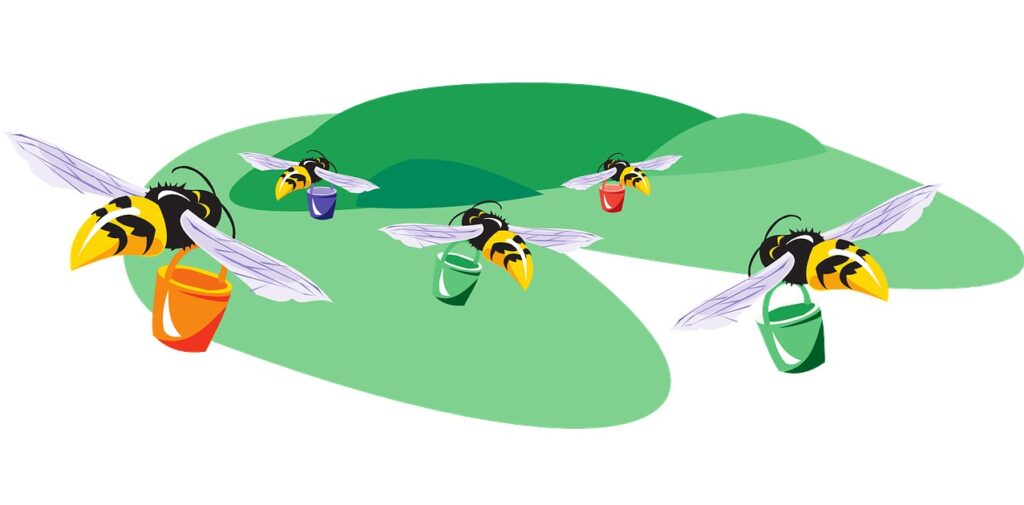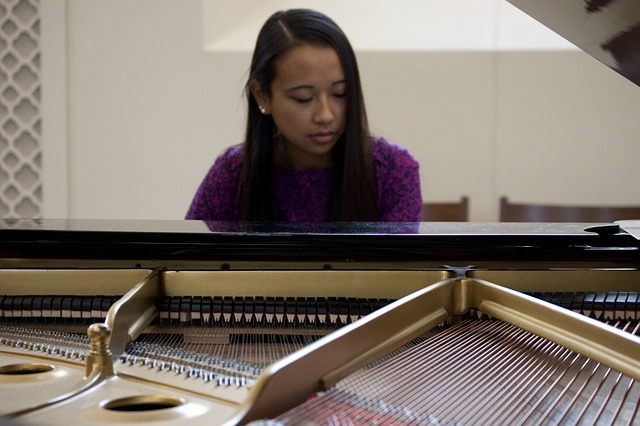Easter Piano Fun
Children love puzzles. Try this notation puzzle with your little pianist. In this way, you will have a fun learning
Learn music notation with flash cards
How to learn music notation with fun? Especially for young students, it is important that the material is motivational and
The Art of Sound
“The real artist starts performance not from the first sounds of music, but the silence before them – the main
Summer Piano Camp Malta
Dear Children and Parents! I hope, you all are fine and are already looking forward to summer holidays! Do you
How do you take the maximum out of your piano lessons?
There are many good reasons to invest time and money in piano lessons. But what can you do to stay on track in the long run, to feel motivated, and to take the maximum out of your piano lessons?
How music affects brain
Nothing activates the brain so extensively as music. Through functional magnetic resonance imaging we can see that music activates visual, motor and coordination areas on both sides of the brain as well as areas deep in the brain involved in memory and emotion.



